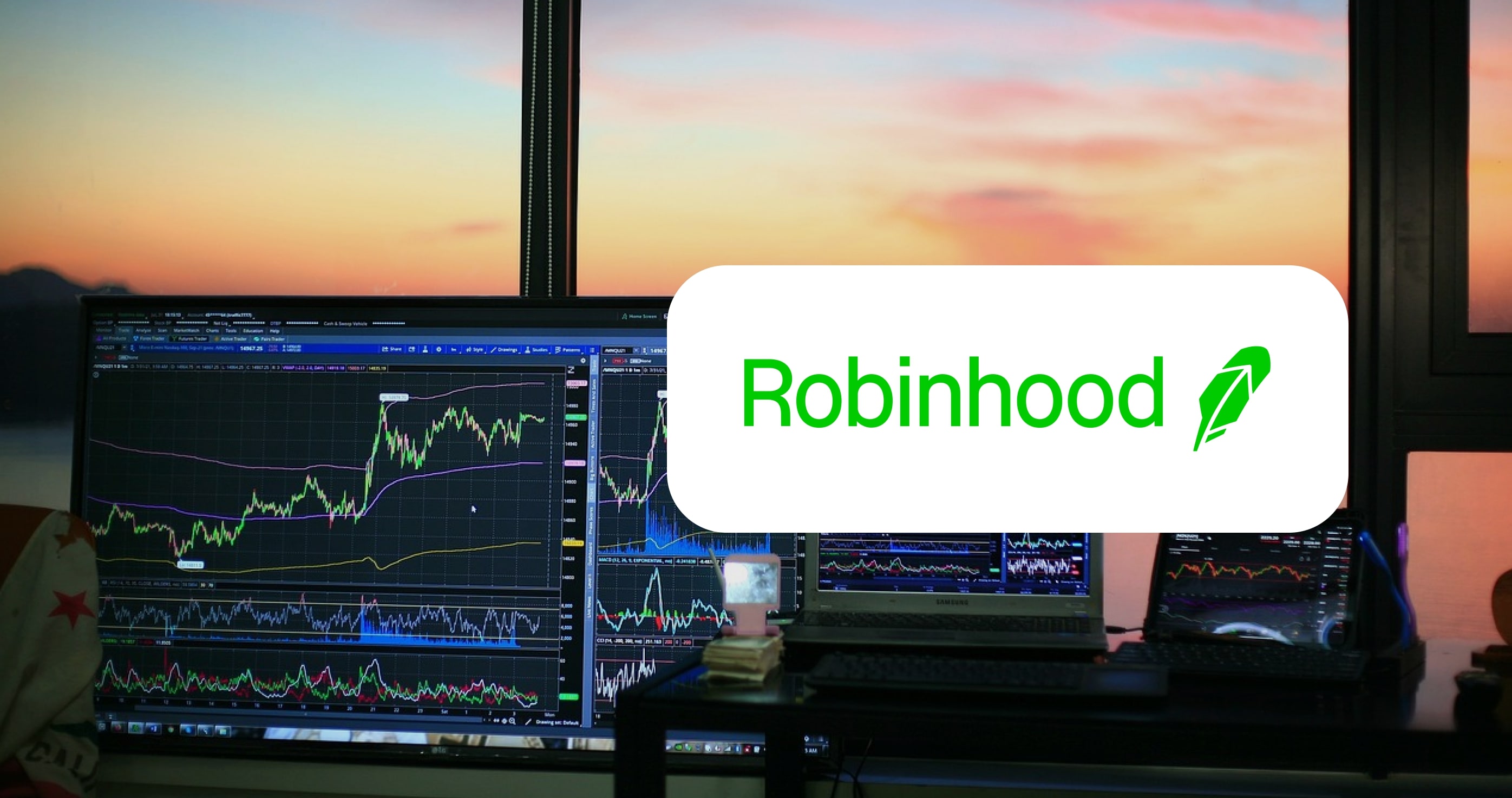Is Robinhood's Valuation Justified After 2024 Results?
Introduction
In the wake of Robinhood's recent fourth quarter earnings report for 2024, investors are left contemplating whether the company's valuation is justified. The report revealed significant growth, including a staggering 115% year-over-year increase in revenues, which hit a record $1.01 billion. Moreover, net income skyrocketed to $916 million, up over tenfold from the same period last year. As key financial metrics suggest an optimistic trajectory, this article examines Robinhood's current market position, financial performance, growth segments, share price movement, and how these factors converge to address the central question: Is Robinhood's valuation justified?

Market Position and Competitive Landscape
Robinhood has established itself as a leader in democratizing access to financial markets, helping millions of users trade without the burden of commissions. In a rapidly evolving fintech sector, the firm has maintained a competitive edge by innovating its product offerings. In 2024, Robinhood notably expanded its active trading platform and launched new products, including a Gold Card and an expanded suite for European markets. The firm also capitalized on cryptocurrency trading, which accounted for a massive increase in revenues. This proactive approach to product development positions Robinhood well against competitors who are struggling to engage younger traders amidst a backdrop of shifting consumer preferences.
Financial Performance Analysis
Robinhood's financial results in Q4 2024 provide compelling evidence of its robust growth trajectory. The company reported a 115% increase in total net revenues to $1.01 billion compared to $471 million in Q4 2023. Just as notable is the jump in net income from $30 million to $916 million, translating into a diluted earnings per share (EPS) of $1.01, up dramatically from $0.03 year-over-year.
Analyzing revenue streams, transaction-based revenues surged over 200% to $672 million, driven chiefly by a remarkable 700% increase in cryptocurrency revenues, which totaled $358 million. The company's aggressive outreach and enhanced trading functionalities have bolstered its user base, pushing funded customers to 25.2 million, an 8% increase year-over-year. Operating expenses climbed only 3% to $458 million, showcasing operational efficiency amidst expansion. Overall, adjusted EBITDA rose by over 300% to $613 million, emphasizing the company's lucrative growth and potentially sustainable profitability.
Growth Areas and Future Outlook
Looking forward, Robinhood has highlighted several key growth areas shaping its strategy, including significant enhancements to its cryptocurrency services and expansion into global markets like Asia-Pacific. The planned acquisition of Bitstamp is expected to further bolster its cryptocurrency offerings, while the introduction of new trading options and features could attract active traders. Moreover, management's focus on achieving a robust and diversified revenue model beyond transaction fees indicates a strategic pivot that could enhance long-term profitability.
Despite this remarkable growth, some analysts note that the current P/E ratio of 96.31 appears elevated compared to industry standards. However, Robinhood's projected path suggests that if the company can sustain its revenue growth in 2025 and beyond, the current valuation may become more justifiable.
Recent Share Price Movement and Analyst Ratings
As of February 12, 2025, Robinhood's share price stood at $55.91, reflecting a significant increase from recent weeks where it hovered around $49-54. This uptick is in part driven by positive earnings results. Nevertheless, analysts have set a median target price of $50.88, slightly below the current trading price, with a mix of ratings: 6 strong buys, 6 buys, and 5 holds, indicating a general optimism but some caution around valuation levels. This divergence in price and target may prompt traders to monitor future earnings closely to reassess the stock’s viability as an investment.
Conclusion
In conclusion, while Robinhood's fourth quarter results indicate strong financial performance and growth opportunities, its valuation must be weighed against the backdrop of a high P/E ratio and market conditions. Investors should remain vigilant regarding the company’s ability to continue this growth momentum, particularly in its expansion markets and new product offerings. As Robinhood enters 2025, it will be crucial to monitor earnings calls for management's insight on operational efficiency, regulatory challenges, and competitive positioning in an increasingly crowded marketplace. Depending on these factors, Robinhood's current valuation may ultimately prove justified or reflective of cautionary market sentiments.
By WallstreetCrunch - Feb 24, 2025 at 8:28AM
More articles on HOOD
Commments
Sign in to comment.
Ashish Kumar Bullish
Feb 14, 2025 at 10:11PMyes it is very cool
Ashish Kumar
Feb 14, 2025 at 9:18PMI think it is justified

Ashish Kumar Bullish
Feb 14, 2025 at 10:11PMyes it is very cool